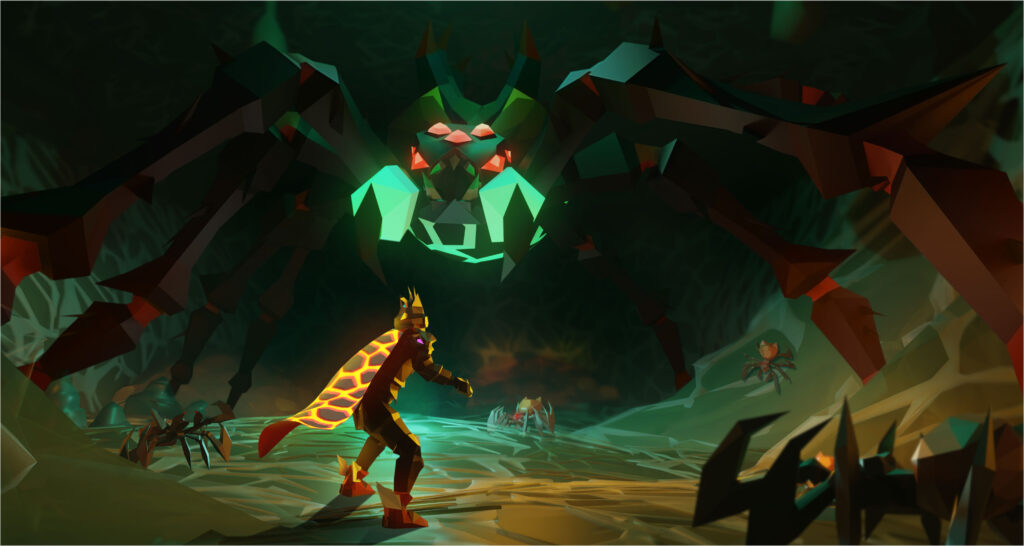
Many gamers are experiencing a resurgence of interest in classic titles, and for one player, this has come in the form of Old School RuneScape (OSRS). Initially hesitant, the player finally decided to explore the game after a recent session of Dungeons & Dragons sparked curiosity. This decision turned into a rewarding experience, demonstrating that the game remains captivating even decades after its original release.
Old School RuneScape, developed by Jagex, offers a nostalgic return to the beloved MMORPG that captivated players in the early 2000s. The game retains its original graphics and mechanics, allowing players to immerse themselves in the expansive world of Gielinor. The player discovered that, contrary to their initial assumptions about outdated visuals and complex systems, OSRS provides an engaging experience with a wealth of content that has been continually updated.
A Vast World of Adventure
The land of Gielinor is filled with a diverse array of towns, cities, and landmarks, making it one of the most detailed gaming environments available. The iconic town of Lumbridge serves as a starting point for many adventures, featuring shops and skill training areas that encourage exploration. Players can branch out from Lumbridge in numerous directions, each leading to unique quests and challenges.
Quests play a vital role in the OSRS experience. New players are guided by an in-game activity adviser, which highlights recommended quests that often unlock significant rewards. Successful completion of quests can yield powerful weapons, skill experience, and even new areas to explore. However, players must earn the ability to fast travel, which adds a layer of challenge to the game. While initially daunting, this travel system enhances the sense of adventure, as players navigate the world on foot, often encountering unexpected dangers along the way.
What truly sets Old School RuneScape apart is its high-stakes environment. Dying in the game can come with severe consequences, as players risk losing nearly all their items unless they reach their grave site within 15 minutes. This mechanic adds tension and urgency to gameplay, encouraging players to think strategically about their actions and inventory management.
The Ironman Challenge
Embracing the challenge of an ‘Ironman’ character, the player opted for a more self-sufficient experience. Ironman mode prohibits access to the Grand Exchange, a player-driven marketplace where items can be bought and sold. Instead, players must gather resources independently, leading to a more rewarding sense of achievement.
For instance, if a player needs items for a quest, they must collect materials themselves, whether it involves shearing sheep for wool or farming specific creatures for unique drops. While this can be time-consuming, the satisfaction of completing quests without relying on external resources fosters a deeper connection to the game.
Community-driven resources, such as the OSRS Wiki, provide valuable support, helping players navigate the vast game world. Additionally, tools like the RuneLite client’s Quest Helper plugin offer guidance without undermining the immersive experience.
Overall, the player found that Old School RuneScape’s blend of exploration, challenge, and community makes it a compelling choice. In a gaming landscape often dominated by fast-travel mechanics and microtransactions, OSRS stands out as a refreshing alternative. With its richly detailed world and the potential for endless adventures, this classic title promises to keep players engaged for years to come—an experience that many wish they had embraced sooner.






